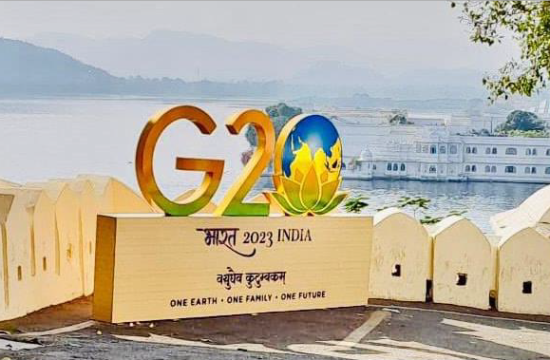Israel is located in the Middle East, along the eastern coastline of the Mediterranean Sea bordered by Lebanon, Syria, Jordan, and Egypt. The roots of the conflicts track back to the late 19th and early 20th centuries. Israel’s military occupation of one Palestinian territory, the West Bank, and its blockade of the other, the Gaza Strip led to this war.
During World War I, the British took control of this region and proposed a plan of partition that created a separate Jewish and Arab state in Palestine. The demographic majority in the region was comprised of Arabs. Notably, the plan found acceptance among Jewish leadership, while Arab leaders strongly opposed it. After the declaration of the State of Israel in 1948, neighboring Arab states launched an attack. Israel emerged victorious and this conflict resulted in the displacement of Palestinian Arabs, with Gaza becoming a significant haven for Palestinian refugees.
In 1967, Israel launched the “Six-Day War” with a preemptive strike against its Arab neighbors, ultimately gaining control of the West Bank, Gaza Strip, and additional territories. This conflict marked the emergence of the Palestine Liberation Organization (PLO) as a significant player in advocating for Palestinian rights.
In 1993, the signing of the Oslo Accords marked a milestone in granting limited self-rule to Palestinians. However, the early 2000s witnessed heightened violence and conflict known as the Second Intifada. In 2005, Israel withdrew from the Gaza Strip but retained control over its borders. Subsequently, in 2006, Hamas, an Islamist militant group, won the Palestinian legislative elections and violently took control of the Gaza Strip, ousting the Fatah Movement. Meanwhile, the West Bank remained under the authority of the Palestinian Authority
After that there have been several conflicts, including the Gaza war in 2008-2009, 2012, 2014, and 2021, resulting in significant casualties and destructions. On Saturday, October 7, 2023, which happened to coincide with the Jewish Sabbath and marked the end of the weeklong Jewish festival of Sukkot, as well as the day after the 50th anniversary of the Yom Kippur War(also known as the Ramadan War or the October War), Hamas and other Palestinian armed groups-initiated Operation Al-Aqsa Flood. This coordinated an extensive air assault, including rocket attacks involving both land and air attacks on multiple border areas of Israel. The initial day of the operation witnessed an estimated launch of between 3,000 to 5,000 rockets. The casualty figures and damages in the ongoing conflict are devastating on both sides. So far, the battle has taken the lives of about 6,000 people. Increased losses, destruction, and geopolitical tensions are inevitable as Israel prepares to intensify its offensive with a land invasion of the Gaza Strip.
As the conflict continued and Israel’s military presence in Gaza expanded, the Stock markets throughout the world initially fell, as panicked investors withdrew their funds, particularly from emerging economies. Oil prices have been steadily rising over the past two weeks. This trend is causing concern among economists and policymakers about the potential disruptions to global supply chains and commodity markets. The ongoing conflict between Israel and Hamas has the potential to disrupt trade between India and Israel, affecting a wide range of industries. India has made significant investments in Israel. Indian companies such as TCS, Sun Pharma, and Adani have also pursued acquisitions in Israel.
The Israel-Palestine conflict is an intricate and challenging problem without readily available solutions. The significant loss of life is a heartbreaking reminder of the profound human suffering caused by this ongoing conflict.
-Riya Ritika,
Amulya P.C
(Batch 2025)











